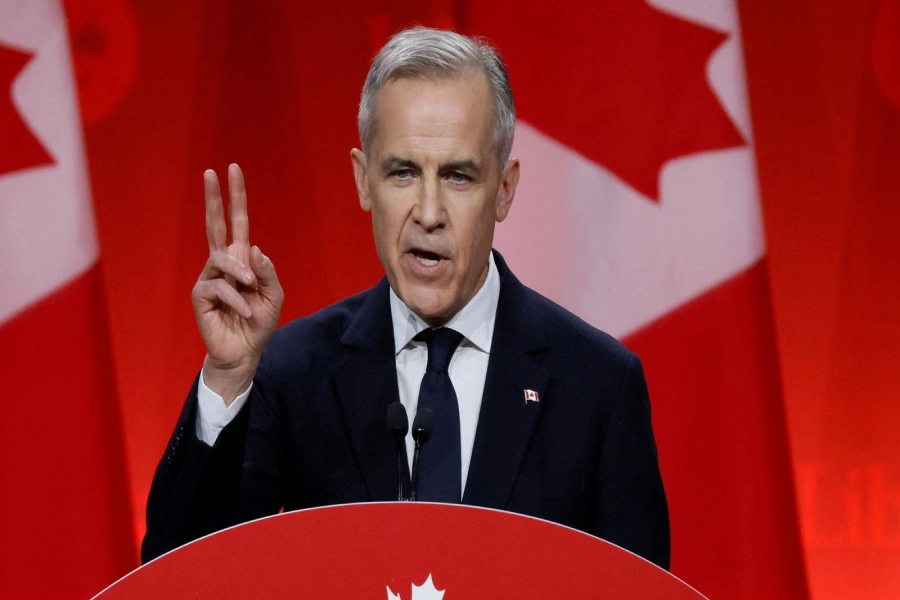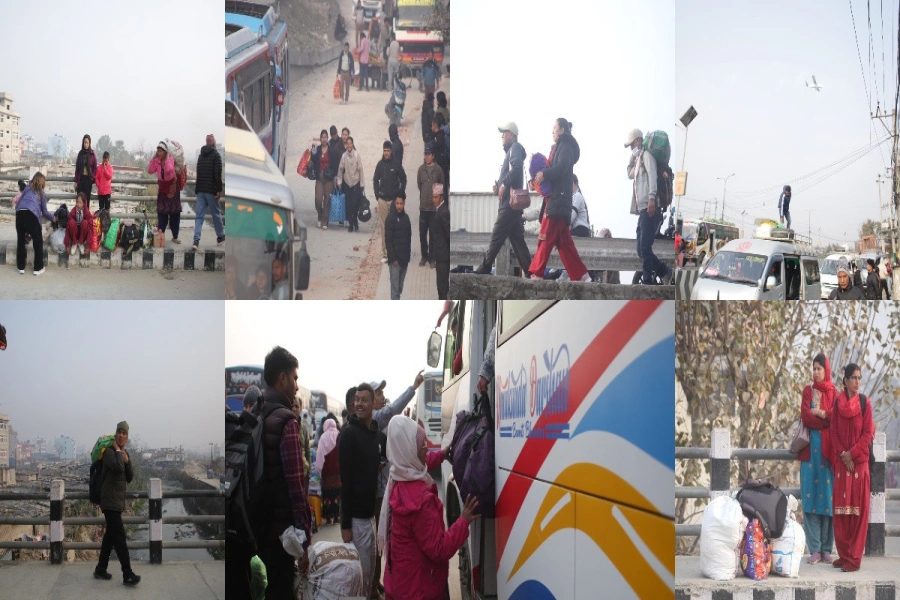KATHMANDU, Oct 20:Nepal should improve doing business environment and build competitiveness to attract foreign investment, according to US Ambassador to Nepal Alaina B Teplitz.
Low risk in business, rule of law, level playing field, protection of intellectual property rights, and smooth and timely repatriation of profits could help create a dynamic business environment in Nepal, Teplitz told a group of journalists at her residence in Kathmandu on Thursday.
“The government should offer investors a competitive business environment,” she said, suggesting that the government form an ‘automatic window’ instead of ‘one-stop service centre’ proposed in the Foreign Investment Bill that updates the existing Foreign Investment and Technology Transfer Act (FITTA).
Business ideas matter

“While the bill calls for the creation of a ‘one-stop service centre,’ it doesn’t reduce the number of approvals required of the potential investor,” Teplitz added. “We encourage the government to look at the ‘automatic window’ concept that is being used in India which was the top destination for the foreign direct investment in 2015. An automatic window greatly reduces the number of approvals required and streamlines the investment process making it easier for business to get to work.”
Reducing paper works and creating a transparent environment will encourage the investors as they could have predictable situation for their investment, she opined. “No corruption and system-driven policy will encourage the American investors to come to Nepal.”
Saying that the investors still have feeling of ‘political transition’ despite the promulgation of new Constitution, the US envoy urged the government to remove as many restrictions and requirements on investment as possible to make Nepal’s economy dynamic, nimble and resilient. “For example, Foreign Investment Bill allows the government to establish a minimum limitation for foreign investment, which could shut out smaller and medium sized investors.”
As part of the second generation economic reforms, the government has been amending and updating older legislations to make them compatible with the current business scenario. A slew of economic laws have been amended and some more, including Foreign Investment Bill, are still pending in the parliament.
Hailing Nepal’s efforts of economic reforms that could provide a strong framework for economic growth, Teplitz opined that the government takes steps to ensure that its laws, policies, and regulations support a dynamic economy that will provide opportunity for all its citizens. “Capping the repatriation would not help attract the businesses as the investors should feel comfortable,” she added.
Businesses need to be able to respond quickly to new innovations and ideas, and should have the freedom to move capital, invest freely and pursue new opportunities as soon as they emerge, she opined, adding that economic policy and legislation can and should give the private sector flexibility it needs to develop, adjust, and create opportunities that result in new jobs and economic growth. “Dynamic policies that bring in foreign investment to start business and employ Nepalis will help spur economic growth, reduce trade imbalance and shift Nepal away from an economy that is dependent on remittance.”
The recent slowdown in the Middle East has already started showing its impact in remittance inflow as the first month of the current fiscal year witnessed reduced remittance of Rs 51.9 billion compared to Rs 53.3 billion in the same period a year ago.







































